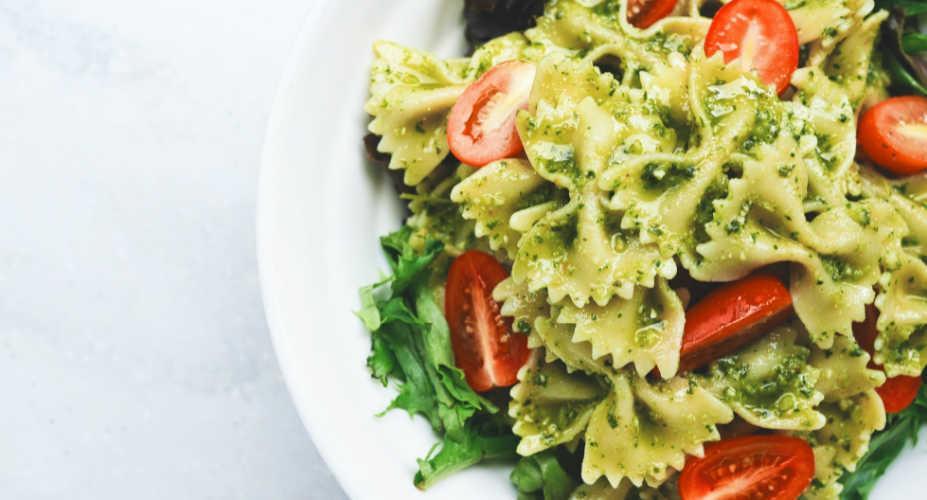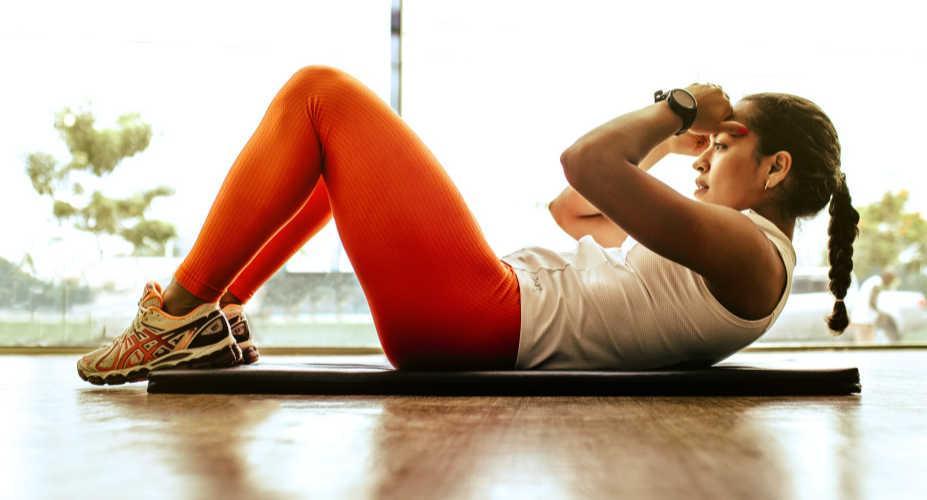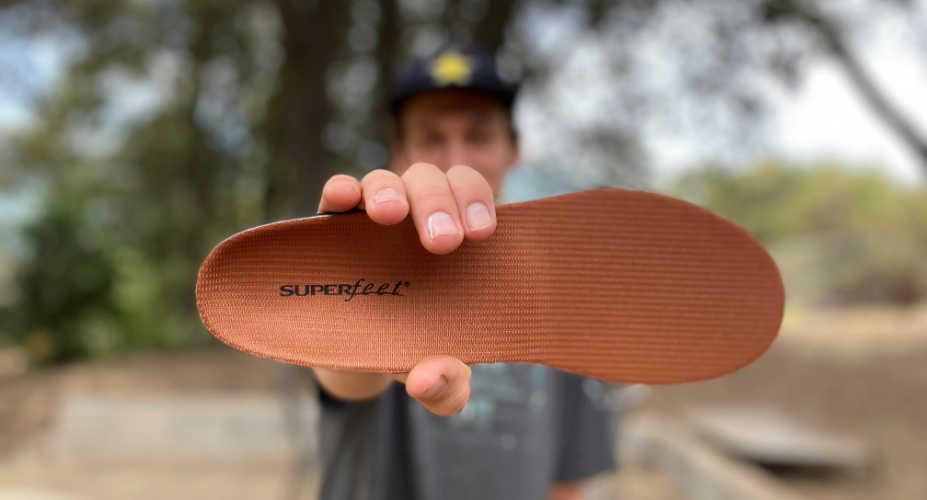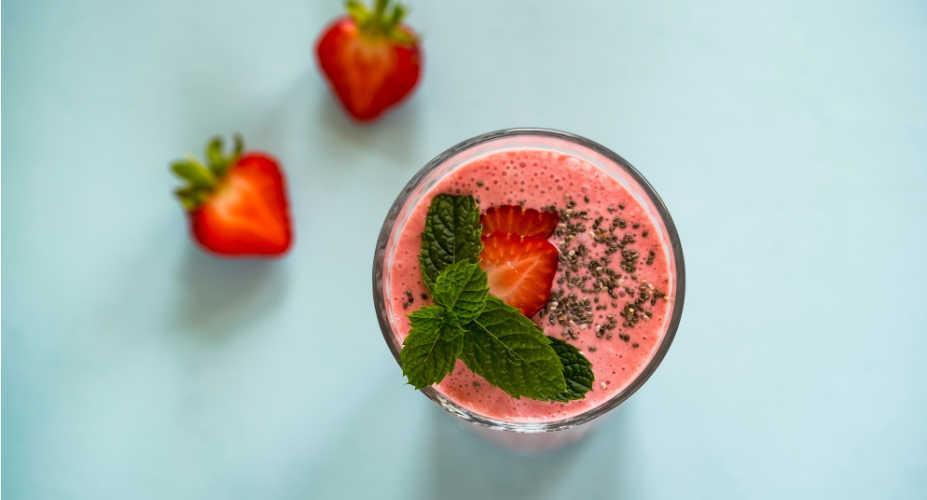
Many top athletes dedicate their lives to their sport, training both their body and mind.
Although they push their bodies to the limit, nutrition plays an imperative role in their success. The food they consume influences strength, performance, training, and recovery. Here's an inside look into how (and what) elite athlete eat.
Eating Like a High Performance Athlete is No Joke
In 2008, Michael Phelps' diet was all the craze. Consuming as many as 12,000 calories during training days and before his races, the public was in awe of his dietary intake. Allegedly the athlete would consume three fried egg sandwiches, a stack of chocolate chip pancakes, a five-egg omelet, French toast, and grits for breakfast. Not to mention the two pounds of pasta he'd eat each day.
Of course, for the vast majority of athletes, Phelps' diet is beyond overkill. However, it is a clear depiction of eating based on your needs. When you're training, you need fuel.
Here's how to eat like an elite athlete
The following recommendations will help any athlete eat and hydrate like a high-performance athlete. Tweak the suggestions below to meet your needs.
Plan your meals, preparing for 2-3 days in advance
Training all the time means that it's easy to fall into unhealthy habits where convenience trumps nutrition. That is why it's so important to plan. Before you go grocery shopping, make a list of foods that cover all of your nutritional needs — and stick to it.
Depending on how many calories you consume daily and your specific needs, you should get:
• 50-60% of your daily calories from carbohydrates, such as whole grains, fruits, and vegetables
• 15-25% of your daily calories from lean proteins, such as beans, poultry, and fish
• 20-30% of your daily calories from high-quality fats, such as nuts, avocados, seeds, nut butters, and olive oil
Never skip breakfast and eat frequently
Performance athletes typically eat within 30 to 60 minutes after they wake up, always opting for a source of quality, lean protein. Build your power breakfast from ingredients like steel-cut oatmeal, quinoa, turkey sausage, eggs, and organic dairy.
Once you've polished off your breakfast, fuel up every four hours at the very least. This will provide you with the sustainable energy you need to train while minimizing your risk of injury. Once again, eat protein at regular intervals throughout the day to ensure optimal muscle repair and growth.
Eat based on your sport
Depending on your sport, your nutritional needs will differ. For example, if you're an endurance runner, you will need a higher carbohydrate intake compared to powerlifters, who require slightly higher protein needs. Starchy vegetables, legumes, whole grains, and fruit are all excellent sources of carbs, providing you with the energy you need to train for hours.
Hydrate often
To get the most out of your training and recovery, you need to develop a hydration plan. Consider the intensity, duration, and frequency of training, as well as your fitness level and environmental conditions. Research shows that as little as 2-3% weight loss from sweat can negatively affect your performance. Although water should be consumed throughout the day and during training, if your training session is over 60-90 minutes, replenish your electrolytes with a low sugar sports drink.
Preparing for a big event
Performance athletes, and their coaches, have a good understanding of the value nutrition brings to their training. Switch to food as fuel mentality, especially in advance of a major competition or race.
After all, Jack LaLanne hit the nail on the head when he said, "Exercise is king. Nutrition is queen. Put them together, and you've got a kingdom."










